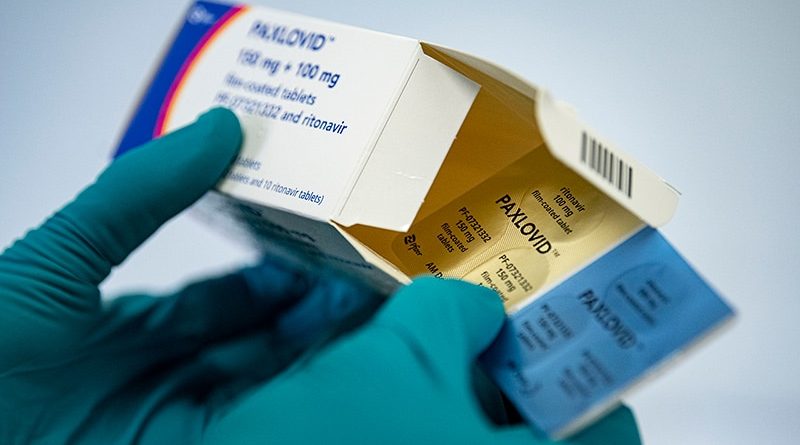COVID-19 Antivirals Can Trigger Viral Rebound
TOPLINE:
COVID-19 antivirals can trigger viral rebound in ambulatory patients, according to an analysis published on November 14, 2023 in Annals of Internal Medicine.
METHODOLOGY:
An observational cohort study compared patients with acute COVID-19 who received 5 days of nirmatrelvir-ritonavir (N-R [Paxlovid]; n = 72) to similar patients who did not receive the treatment (n = 55). All patients were seen in ambulatory settings.
Researchers compared rates of reinfection, which was defined as an initial positive test followed by a negative result and then another positive result within 20 days.
Rates of increased viral shedding were compared between the two groups as another measure of viral rebound.
TAKEAWAY:
One in 5 people (15 in 72, 20%) who took N-R had viral rebound compared with just 1 in 55 people who did not.
Those who took N-R were older, more likely to be immunocompromised, and had received a greater number of COVID-19 vaccinations (four on average) than did people who did not receive it (three on average).
Eight of the 16 people with viral rebound also reported symptom rebound, and two were completely asymptomatic.
People who had received N-R and eventually experienced a rebound showed viral shedding for a median of 14 days compared with a median of 3 days among people who did not rebound who were also taking the drug.
IN PRACTICE:
“For patients with COVID-19 with a low-risk for severe disease, the possibility of prolonged shedding should be factored into the consideration of potential risks and benefits of treatment,” the researchers write.
SOURCE:
Mark Siedner, MD, MPH, an infectious disease researcher at Massachusetts General Hospital in Boston is the study’s corresponding author. The primary funder is the National Institutes of Health.
LIMITATIONS:
The study is observational and retrospective and relied on viral shedding as a proxy for contagiousness rather than directly measuring disease transmission.
DISCLOSURES:
Additional funders included the Massachusetts Consortium on Pathogen Readiness SARS CoV-2 Variants Program, and the Massachusetts General Hospital Department of Medicine. Various authors reported speaking or consulting relationships with pharmaceutical companies.
Source: Read Full Article
